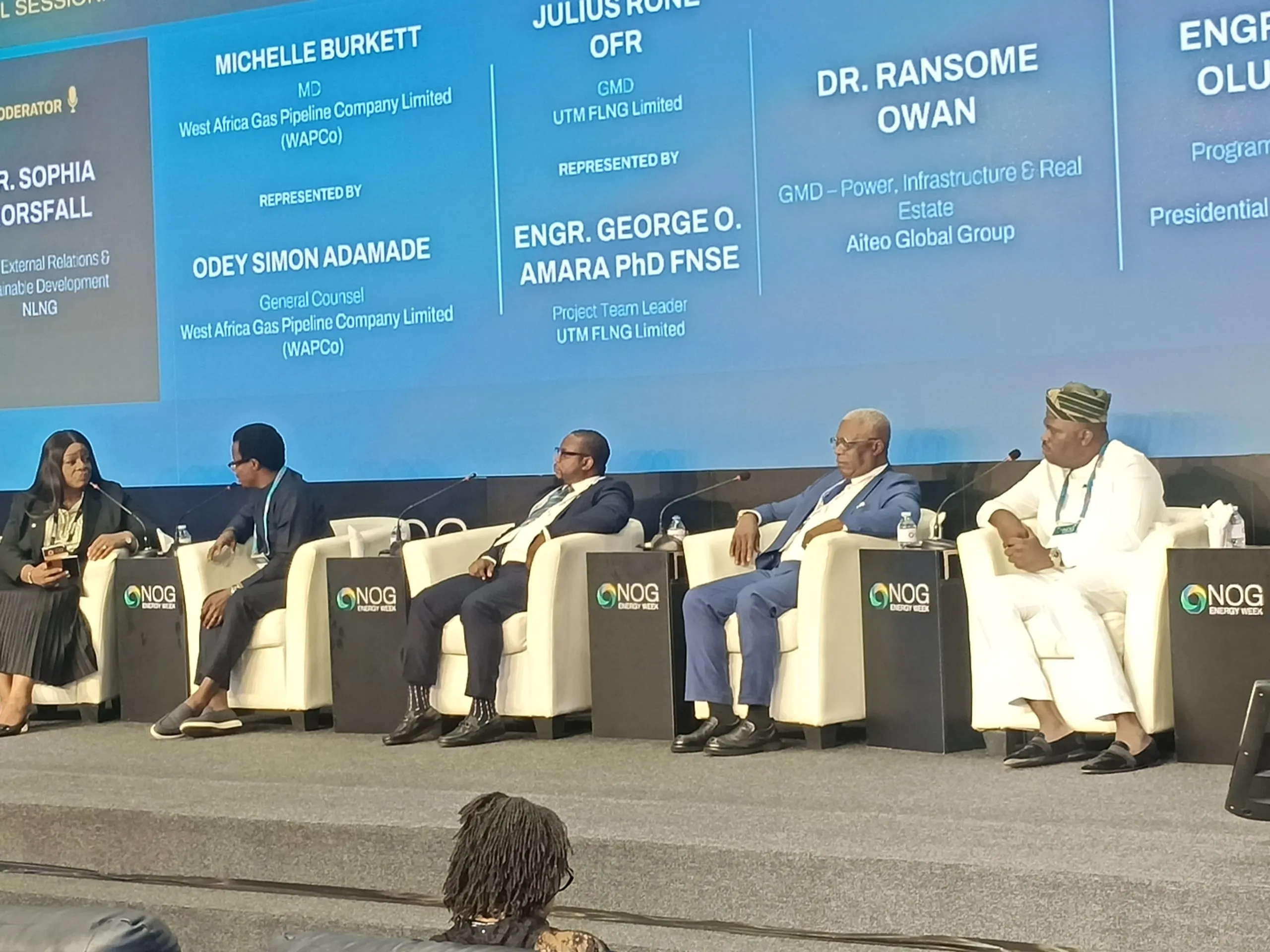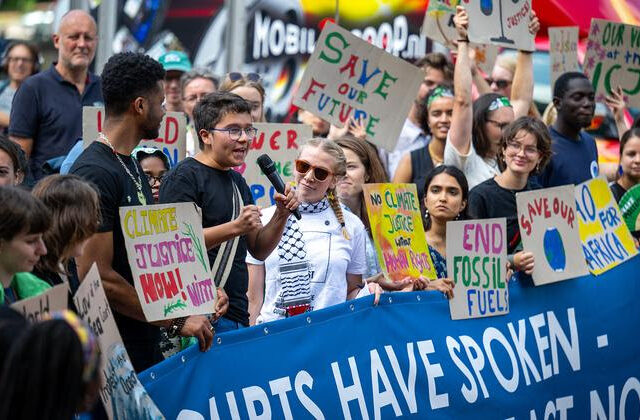NOG 2025: Industry Leaders Call for Stronger Interconnected Gas Markets to Meet Africa’s Rising Energy Demand
Stakeholders at the 2025 Nigeria Oil and Gas (NOG) Conference have called for a continent-wide approach to strengthen Africa’s interconnected gas markets in response to the continent’s growing energy demand.
The call came during a high-level strategic panel session titled “Strengthening Interconnected Gas Markets,” held as part of the conference in Abuja.
Moderated by Sophia Horsfall, General Manager, External Relations and Sustainable Development at Nigeria LNG (NLNG), the session brought together top players in Africa’s gas sector to discuss solutions to boost gas infrastructure, align policy frameworks, and expand market access across the region.
“Gas is central to Africa’s energy transition,” said Horsfall. “Aligning infrastructure development with supportive policy frameworks—such as the Nigeria-Morocco Gas Pipeline, NLNG Train 7, and the Ajaokuta-Kaduna-Kano (AKK) Pipeline—will unlock regional trade opportunities and long-term economic growth.”
As global energy demand is projected to grow by nearly 30% by 2040, speakers at the panel emphasized the urgency of accelerating upstream and midstream developments, as well as tackling the continent’s internal disconnects in gas pricing and market integration.
Odey Simon Adamade, General Counsel of West African Gas Pipeline Company Limited (WAPCO), speaking on behalf of the Managing Director, Michelle Burkett, acknowledged existing challenges such as low gas pressure on the West African Gas Pipeline.
He, however, assured stakeholders that corrective measures are underway.
George O. Amara, Project Team Lead at UTM FLNG Limited, speaking on behalf of Group Managing Director Julius Rone, described gas as a clean, marketable energy solution that addresses both economic and environmental concerns.
He commended the Nigerian government for creating an enabling investment environment through incentives like tax holidays, duty waivers, and access to climate-focused Development Finance Institutions (DFIs).
Providing a critical perspective, Ransome Owan, Group Managing Director, Power, Infrastructure & Real Estate at Aiteo Global Group, emphasized the need to resolve internal market challenges before expanding globally.
“Africa lacks a unified gas pricing structure. Without internal cohesion, any push for global gas exports risks falling short,” he warned.
Michael Oluwagbemi, Programme Director and CEO of the Presidential Compressed Natural Gas (CNG) Initiative, praised Nigeria’s recent regulatory reforms, noting that clear frameworks have significantly boosted operational confidence and investment.
Despite hurdles such as policy inconsistencies, pricing disparities, and infrastructure limitations, the panelists agreed that Africa is uniquely positioned to become a global gas leader.
By harmonizing regional markets, scaling investments, and sustaining regulatory progress, the continent can secure its place in the global energy transition.
The NOG 2025 Conference continues to serve as a vital platform for advancing strategic conversations around Nigeria’s and Africa’s energy future.







